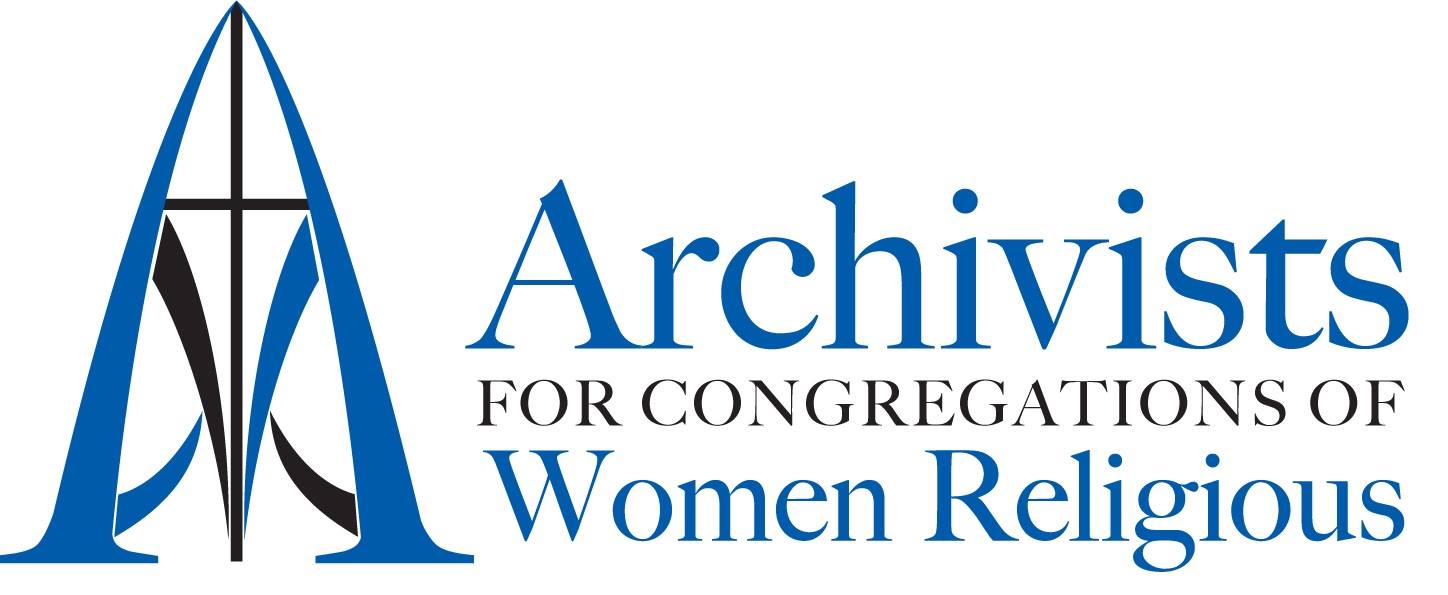Sister Rosalie McQuaide, CSJP Award
Sister Rosalie McQuaide entered the Sisters of the Precious Blood in Dayton, Ohio in 1950. During those years, she served as a teacher, cataloger, and music editor. An accomplished pianist and organist, she earned her Ph.D. in historical musicology at New York University in 1976.
In 1982, Sister Rosalie transferred to the Sisters of St. Joseph of Peace, where she served as archivist for both the congregation and for La Guardia Community College. She went on to serve as archivist, historian, and records manager of the Catholic Relief Services. Her ministry there allowed her the opportunity to set up a new records management system in CRS offices around the world: India, Philippines, Thailand, Macao, China, Ethiopia, Eritrea, Egypt, Morocco, Ghana, Togo, Italy, Senegal, Honduras, El Salvador, and Guatemala.
Spurred by an interest in her new congregation’s history, Sister Rosalie together with Sister Janet Richardson, CSJP, conducted extensive research into the life and legacy about the Sisters of St. Joseph of Peace founder, Margaret Anna Cusack. The Women at the Table (WATT) project published Studies on the Life of Margaret Anna Cusack. The collection is open to research through the Barry University Archives and Special Collections, Miami Shores, Florida.
In addition to her work in archives and history, Sister Rosalie discovered Zen Buddhism, beginning her studies in 1976 and receiving transmission in 1998 when she earned the title of “sensei.” In 1993, Sister Rosalie collaborated again with Sister Janet to cofound the Clare Sangha Zen Community of Baltimore, Maryland. She served as senior advisor to the sangha board for many years.
As one of the founding members of ACWR, Sister Rosalie McQuaide, CSJP, worked actively with the Ad Hoc Committee (1989-1992) to bring the organization into viability. In a 1995 ACWR article, Sister Rosalie stated:
“From its inception, ACWR has had an ambitious, but doable agenda: preservation of women religious archives, training of new archivists, closer collaboration with historians, professional upgrading of the ranks of archivists. I commit myself to furthering the agenda of ACWR, in collaboration with the other officers and members, so that the organization will quickly find its voice and extend its benevolent influence among congregations of women religious and within the larger profession as well.”
The Sister Rosalie McQuaide, CSJP, Award is a tribute to Sister Rosalie’s innovative efforts to establish an organization dedicated to archivists of congregations of women religious.
Sister Rosalie McQuaide, CSJP Award
The Sister Rosalie McQuaide, CSJP Award recognizes the work of an archives of women religious for a project that demonstrates innovation, clear organization, and well-planned implementation resulting in greater access.
Sister Rosalie McQuaide, CSJP, was one of the founding members of ACWR. Her innovative work as head of the task force for the creation of ACWR’s structure and the election of its first officers is inspiration for other archivists of women religious to take on new and inventive projects.
Entry Nominations:
- Current ACWR members, with the exception of the judges, are eligible.
- Primary party responsible for projects that are a collaboration of several organizations must be a current ACWR member.
- Projects completed between July 1 and June 30.
- Members may self-nominate or be nominated by others.
- Entrants will complete a form, which will include project title; name of person submitting project; organization; collaborators (if any); a maximum 200-word explanation of how the project meets the criteria; and the inclusion of a URL/document/image related to project.
- Awardees will be notified in August and award will be presented in September.
Project Judging Criteria: Entries will be judged on a scale of 1 to 4 in the following categories:
- Innovation: Projects that utilize innovated methods to improve the preservation, public discovery, or use of archives. Innovation is the introduction of something new. For example, in the case of something as basic as a finding aid, taking full advantage of design capabilities and incorporate successful innovations that enable researchers to more effective access.
- Organization: Organization is clear, appropriate, and articulate. For example, a public outreach event is organized with an effective schedule.
- Implementation: Implementation is the process of turning plans into action. For example, in the case of a finding aid, the implementation could be turning the plans to create and publish the finding aid online, collaborating with the congregational communications department, and detailing steps taken to ensure success of project implementation.
- Access: Access is the ability for users to locate relevant information. For example, in the case of a brochure or an exhibit, bringing the archives to the attention of the public in an effective manner.

